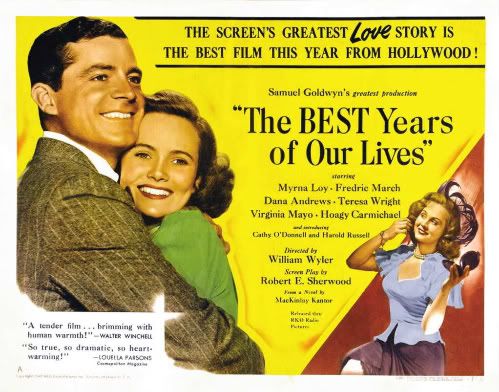

Income inequality in the US is at its highest since that most doom-laden of years: 1929. Throughout the main English-speaking economies, earnings disparities have reached extremes not seen since the age of The Great Gatsby.(...) From a political perspective the notable feature of the inegalitarian, free-market era that began in the 1980s is how little backlash there has been against the stagnation of ordinary people's earnings in such a large portion of the developed world economy. Yet there are signs that the mix of policies and economic circumstances that gave a protracted laisser-passer to the rich and to business is coming to an end. This is potentially dangerous territory. For as Bill Gross, managing director of Pimco, the world's biggest bond fund, has argued: "When the fruits of society's labour become maldistributed, when the rich get richer and the middle and lower classes struggle to keep their heads above water as is clearly the case today, then the system ultimately breaks down; boats do not rise equally with the tide; the centre cannot hold."
John Plender - Financial Times
David Seaton's News Links
The center of American politics is its "middle class". Most observers would not have any problem agreeing that America's greatest contribution to the world's political discourse has been the creation of a large, satisfied, middle class: all of America's social stability depends on that class's satisfaction.
We use the words "middle class" all the time and most American's would define themselves as middle class. What is "middle class", really?
First, lets get clear what upper middle class is. In my definition these are people who have layers of property, relatives other than their parents die and leave them things. They own income producing properties other than the home they live in. They can educate their children out of their current income, without giving up anything, etcetera, etcetera. It is as if their blood had a high helium content and they never quite touched the ground. This is not the middle class I am talking about.
The middle class that most Americans believe they belong to is a transitory place on a voyage from some place harder and more difficult than the present to someplace softer and less difficult. It is place of anxiety, what it is not, or what it could be, is often more important than what it actually is: a loss of momentum may have disastrous and dreaded results. Without an adequate social net most middle class Americans are only a serious illness or a layoff away from traveling downward. Examples of that voyage surround them everywhere they look... if they dare to look.
Perhaps the most self-satisfied, self-portrait of America's middle class in the history of cinema is William Wyler's 1946 classic, "The Best Years of Our Lives", whose poster tops these lines. It is accurate in its portrayal of American's mental image of themselves as they returned from the war and looked forward to peace and the end of the hard times that all had known before the war. There is nothing smug about the film: the characters and the action show "normal" people living their lives.
The film won seven Oscars, including "best film". It was a huge success.
Americans paid money, laughed and cried in pleasure to see themselves being themselves. "The Best Years of Our Lives" was a love song to ourselves that we sung to ourselves.
I can't think of any such self-celebration possible today.
Below the classic poster from 1946, I have put together a mash up of some of the figures from contemporary films who take the place of Myrna Loy, Frederic March and Dana Andrews, populating the dreams of today's movie goers.
It would seem that to engage their fantasy and prosper, you would have to be a magician, or have special powers... or be a robot.
Without getting too far off into cocktail party sociology. Americans today do not appear to see a clear and hopeful path to travel without a cloak of invisibility or the power to levitate.
In my opinion either laissez faire globalization will destroy America's "The Best Years of Our Lives", middle class -- if it hasn't already -- or America's surviving middle class will destroy laissez faire globalization. It's anybody's guess who will win. DS
1 comment:
Go to YouTube and do a search on 'Propaganda in America' to see a series of videos about the struggle between the political and business worlds for control of the public mind, at a time when it was still possible to distinguish between the two, circa WWII.
Then check out 'Power of Nightmares' to see the new paradigm of control.
What a world we live in.
Post a Comment